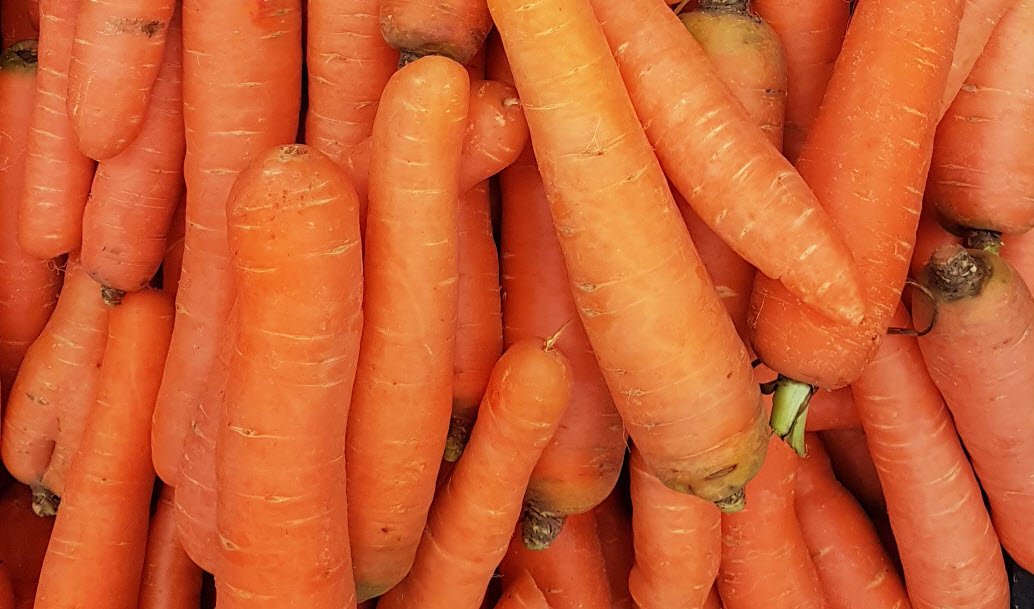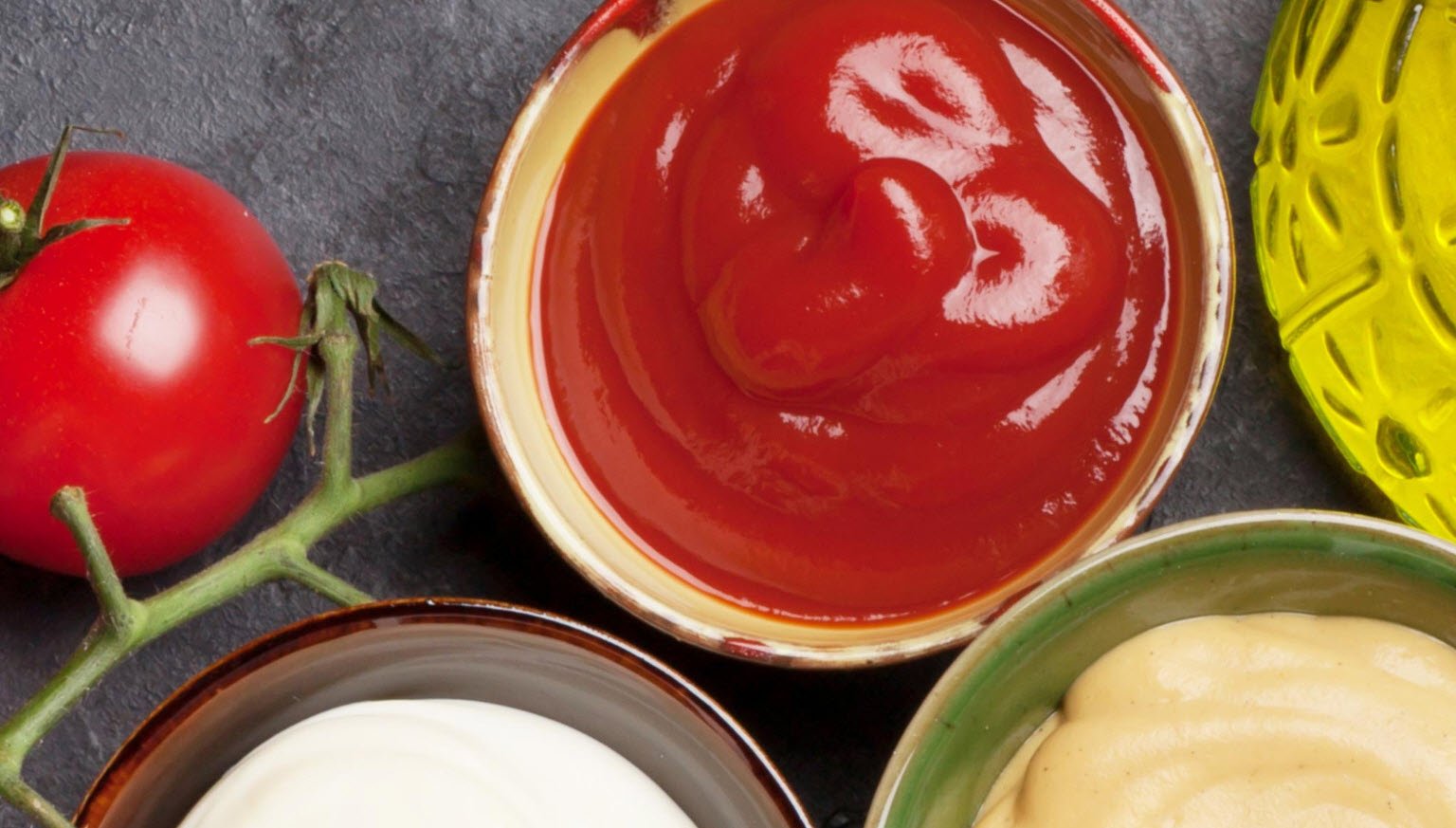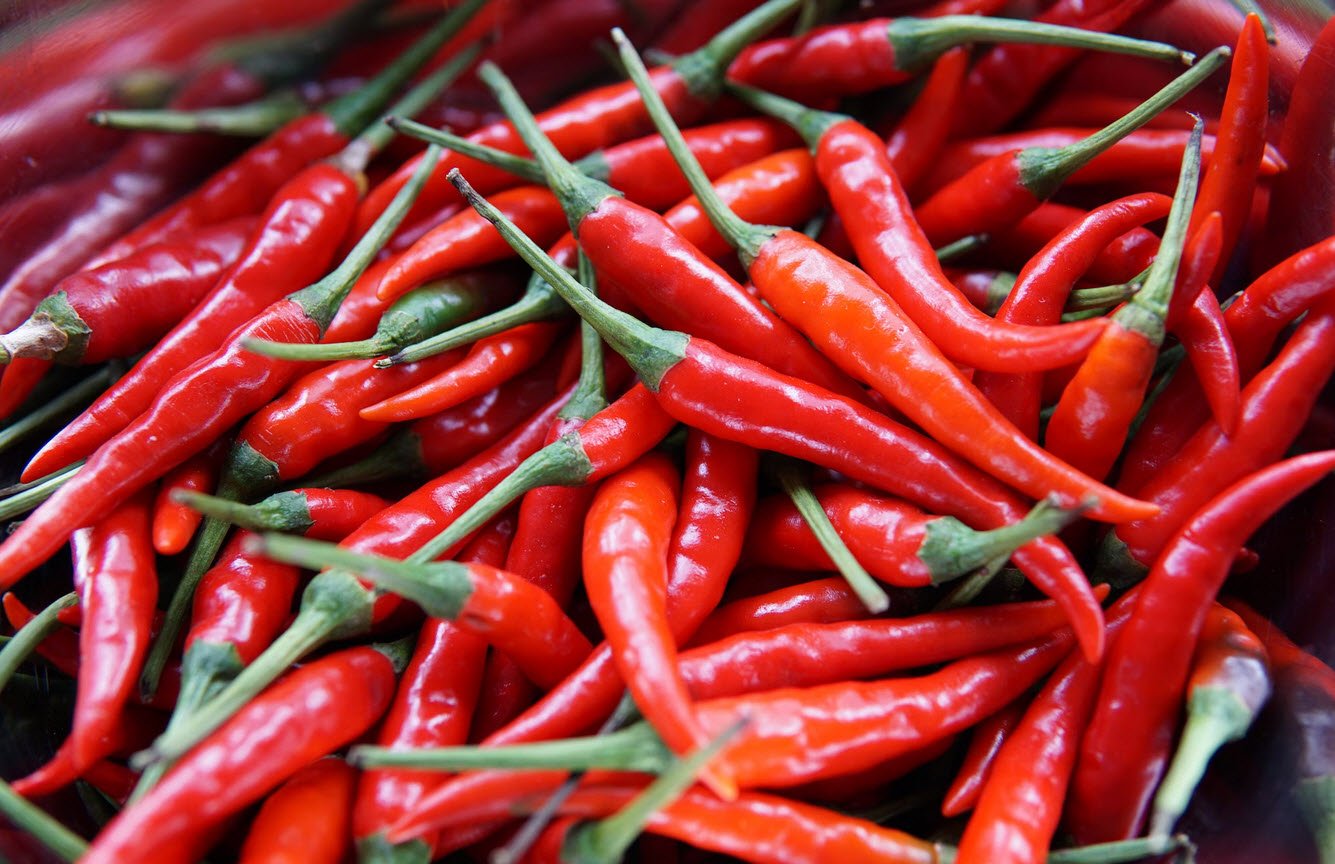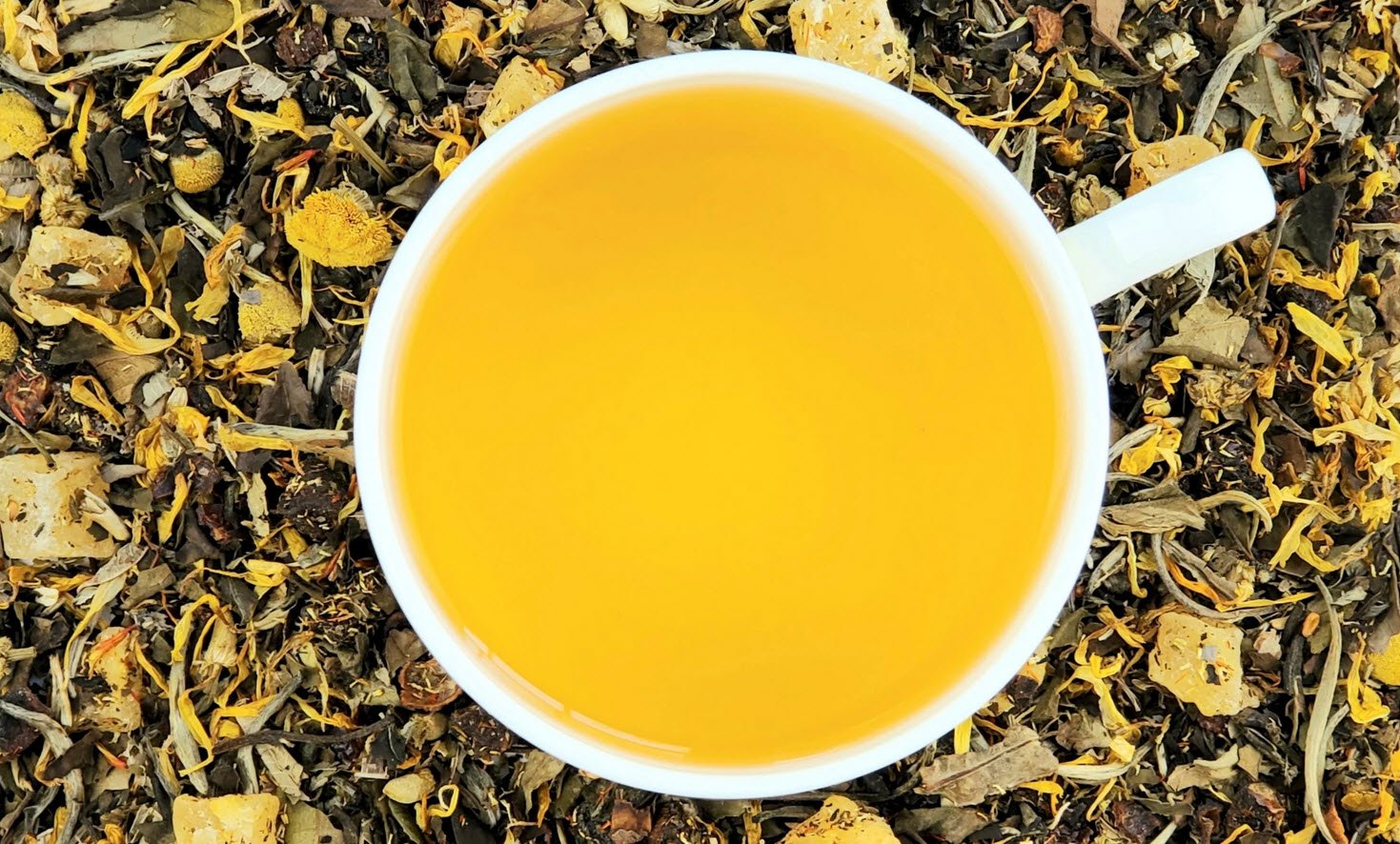
Inflammation nutrition refers to the impact of diet on inflammation in the body. Inflammation is a natural response of the immune system to injury or infection, but chronic inflammation can contribute to the development of various diseases, including heart disease, cancer, and autoimmune disorders.
Some foods, such as processed foods, sugar, and saturated and trans fats, can increase inflammation in the body, while other foods, such as fruits, vegetables, nuts, and whole grains, have anti-inflammatory properties. An anti-inflammatory diet typically emphasizes plant-based foods, omega-3 fatty acids, and antioxidants. Such a diet can help reduce chronic inflammation and promote overall health.
Stress, low activity levels, and foods that cause inflammation can make this risk even greater. For this reason, eating foods that can help reduce inflammation is strongly advisable.
Here are 9 anti-inflammatory foods:
- Lemons
- Berries
- Cherries
- Turmeric
- Pineapple
- Whole Grain
- Carrot
- Sweet Potatoes
- Cruciferous Vegetables
1) Lemons
Lemons are a type of citrus fruit that have anti-inflammatory chemicals in them. They include flavonoids, which have been demonstrated to have anti-inflammatory properties, as well as vitamin C, which serves as an antioxidant in the body.
In addition, limonene, a citrus oil with anti-inflammatory effects, is a significant source of nutrition in lemons. It may be beneficial to reduce inflammation in the body and improve general health by drinking lemon water or incorporating lemon in other ways into your diet, such as by adding lemon juice to meals or marinating meat in it.
2) Berries
Berries, such as strawberries, blueberries, raspberries, and blackberries, are among the foods that have anti-inflammatory properties. These fruits are high in antioxidants, particularly anthocyanins, which are compounds that give berries their rich color and have been shown to have anti-inflammatory effects.
Berries are also a good source of vitamin C, which acts as an antioxidant in the body, and fiber, which can help reduce chronic inflammation. Incorporating berries into your diet in a variety of ways, such as adding them to smoothies, eating them as a snack, or using them as a topping for oatmeal or yogurt, may help reduce inflammation in the body and promote overall health.
However, it’s important to keep in mind that diet alone may not be enough to significantly reduce inflammation, and other lifestyle factors, such as stress management and physical activity, should also be considered.
3) Cherries
Cherries are a nutrient-rich supplement to an anti-inflammatory diet because they contain chemicals that have anti-inflammatory characteristics. They include melatonin, which may help lessen inflammation, and are rich in antioxidants, notably anthocyanins. Cherries are a rich source of fibre and vitamin C.
Cherry consumption, whether as a snack, ingredient in a smoothie, or ingredient in dishes, may help lower inflammation in the body and improve general health.
4) Turmeric
Turmeric is a spice that is commonly used in South Asian cuisine and has been shown to have anti-inflammatory properties. The active ingredient in turmeric, curcumin, is a potent antioxidant that has been shown to reduce inflammation in the body.
Adding turmeric to your diet, such as using it in cooking or taking it as a supplement, may help reduce inflammation and promote overall health.

However, it’s important to keep in mind that while turmeric may have anti-inflammatory properties, diet alone may not be enough to significantly reduce inflammation, and other lifestyle factors, such as stress management and physical activity, should also be considered.
5) Pineapple
A tropical fruit called pineapple has anti-inflammatory chemicals in it. It is an excellent source of both bromelain, an enzyme with anti-inflammatory properties, and vitamin C, an antioxidant that aids in reducing inflammation in the body.
It may help to reduce inflammation in the body and improve general health to consume fresh pineapple or include it into your diet in other ways, such as adding it to smoothies or utilising it in dishes.
However, it’s crucial to remember that nutrition alone might not be sufficient to dramatically reduce inflammation; other lifestyle variables, such as stress reduction and exercise, should also be taken into account.
6) Whole Grain
Whole grains are a type of food that has been shown to have anti-inflammatory properties. They are a good source of fiber, antioxidants, and other nutrients that help reduce inflammation in the body.
Eating whole grains, such as whole wheat, oats, and brown rice, instead of refined grains, such as white flour and white rice, may help reduce chronic inflammation and promote overall health. Incorporating whole grains into your diet, such as eating whole grain bread or pasta, or adding oats to smoothies or yogurt, may help reduce inflammation in the body.
7) Carrot
Root vegetables like carrots have anti-inflammatory chemicals in them. They are a wonderful source of fibre, vitamin C, and the antioxidant beta-carotene, which helps to lessen inflammation in the body.

Carrots can help lower inflammation in the body and improve general health when consumed or incorporated into your diet in various ways, such as adding them to salads or cooking them as a side dish.
8) Sweet Potatoes
Among the root vegetables, sweet potatoes include substances that have anti-inflammatory qualities. They are a wonderful source of fibre, antioxidants like beta-carotene, and vitamins C and E, all of which work to lessen inflammation in the body.
Consuming sweet potatoes or include them in other forms in your diet, including as a side dish or baked or roasted, may help lower inflammation in the body and improve general health.
9) Cruciferous Vegetables
Cruciferous vegetables, such as broccoli, cauliflower, cabbage, and Brussels sprouts, contain compounds with anti-inflammatory properties. These vegetables are a good source of antioxidants, fiber, and vitamins, such as vitamin C and K, that help reduce inflammation in the body.
Eating cruciferous vegetables or incorporating them into your diet in other ways, such as adding them to salads or roasting them as a side dish, may help reduce inflammation in the body and promote overall health.
You may also read:
- Exploring the Delightful World of Cold Sauces – From Aioli to Tapenade
- How To Prepare Keto Vanilla Cake
- 15 Different Types of Citrus Fruits You Need To Know
- A Guide to the Diverse World of Peppers
- Exploring the World of White Teas – A Delicate Symphony of Flavors
- Crafting a Vienna Vanilla Coffee Latte
- 4 Easy Steps to Prepare the Perfect Macchiato
- 20 Snacks Under 100 Calories – All You Need To Know
- Sunset Smoothie For Weight Loss – Preparation and Benefits
- Top 16 World’s Healthiest Foods








